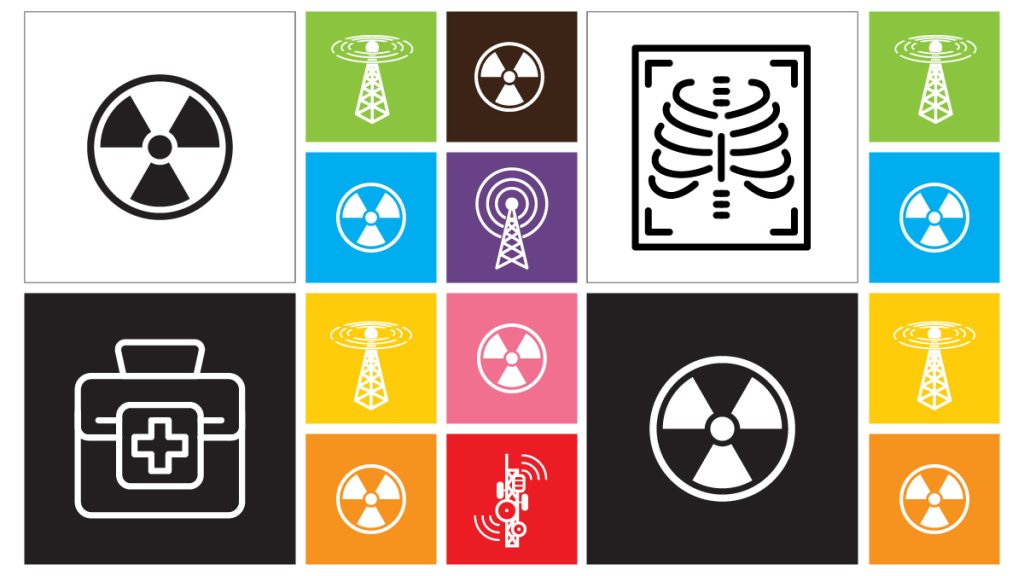
The healthcare landscape is witnessing a global overhaul. The population is about to hit 8 billion in mere weeks. More people means more markets and more dynamic needs. Such an increase will strain the healthcare industry on the sheer mass of people needing medical care. Further, the flood of wealthy older patients brought a corresponding rise in chronic/ non-communicable diseases (NCDs). Even in the digitalization era, the healthcare sector remains severely under-digitalized. Various hospitals still operate on manual methods, such as paper-based operations. A telecom operator can have a major impact on the healthcare sector.
Why a Telecom Operator Should Focus on Digital Health
Global telcos are dealing with significant difficulties. Operators are witnessing a continuous loss in core revenues as connectivity services become more and more commodity-like. Telcos run the risk of being reduced to being utilities in both the consumer and business markets.
Other network technologies like 5G, edge computing, the Internet of Things, and the potential new revenues they could bring to the telecoms industry have received a lot of commotion. However, operators will only experience long-term development by offering connectivity, even with these new technologies. Even though average revenue per user (ARPUs) for new services start higher initially with a connectivity-only approach, they are likely to stay low. They will likely experience the same commoditization as 4G services.
Local workforce
Co-development and end-to-end implementation of solutions will be crucial in promoting adoption because the healthcare sector needs more technical maturity and IT competence. To create custom end-to-end solutions and train doctors on how to use/manage the new infrastructure, the regional field force of the operators can collaborate directly with healthcare providers. The healthcare sector requires this from its partners, but the hyperscalers cannot provide it because of their productized business models.
Longevity
Telcos can give healthcare providers confidence that they will be around for the long haul because of their scale, connections with governing and regulatory agencies, and incorporation into daily life. Healthcare providers require the assurance that the solution and support will be available for the many years they use it. They want to spend their resources on something other than developing and executing a solution with a business that will be there in a few years. This is particularly relevant in healthcare, given the industry’s sluggish change rate.
A regional brand
Operators have a significant local presence in their particular locations, which adds credibility, trust, and the ability to comprehend local requirements, trends, and regulations. It also frequently results in preexisting connections with important governmental and regulatory organizations. Due to the lack of local presence and experience, multinational players will face less competition. The regional brand of the operators also gives more minor, specialized solution providers market access and reach since they view the operators as potential channel partners to enter new markets.
It is heavily regulated
Operators are subject to local governing bodies’ regulations. The perception of dependability, security, and data privacy—perceptions that telcos uphold—is critical in addressing the healthcare sector. Additionally, this gives operators a unique advantage over hyperscale/global internet firms like GAFA. They are frequently criticized for their data security practices and are seen as being less regulated than operators.
Concluding Thoughts
It is now possible to monitor patients remotely and use more precise approaches to identify and treat medical disorders because of developments in telecommunications and IT. As a result, individuals in underdeveloped countries will soon have access to higher-quality medical care. In healthcare, deploying clever IT and telecom technologies has made round-the-clock monitoring possible. Medical institutions are looking for investment opportunities in telemedicine because of its enormous potential. As a result, the need for IT and telecom goods in the healthcare industry will continue to grow over the next few years.
Inside Telecom provides you with an extensive list of content covering all aspects of the tech industry. Keep an eye on our Telecom sections to stay informed and up-to-date with our daily articles.